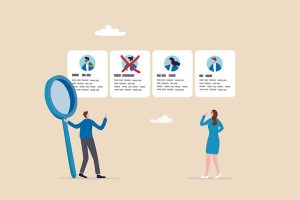Are you measuring the impact of your marketing across your business the right way? Seven questions to answer this essential question.
Is your marketing effectiveness data informing your day-to-day marketing and business decisions?
Do you have the framework, tools and systems available to provide the measurement and insight you need?
With this free marketing effectiveness measurement assessment, marketing leaders can evaluate their current marketing effectiveness approach.
By answering seven simple questions, we can provide an industry assessment of how your current marketing effectiveness process compares to the market.
And what you need to build organisational confidence in marketing performance across the organisation.
Are you ready to take the marketing effectiveness test and answer the question, is your approach to marketing effectiveness measurement right for your organisation?
Please answer these questions and receive a personalised assessment.

Need to refocus your approach to using data more effectively for marketing purposes? If you want to explore your data alignment and privacy compliance strategies more deeply and set up the right framework for marketing success, visit https://trinityp3.com/contact/ to contact us today.
Questions
Customer satisfaction is the goal with every project. Below are just some of the things clients have had to say about working with TrinityP3. Click here to read more Client Testimonials. And because positive client and agency relationships are integral to what we do, make sure you also read our Agency Testimonials.
Related Reading
In our unique role of identifying and solving the big challenges facing marketing management we create a huge catalogue of insights and build our knowledge and wisdom, which we share with the industry.
Case Study

Review of Martech and Adtech stack requirements and performance for a Beverages advertiser – Case study
Our Latest Podcast















